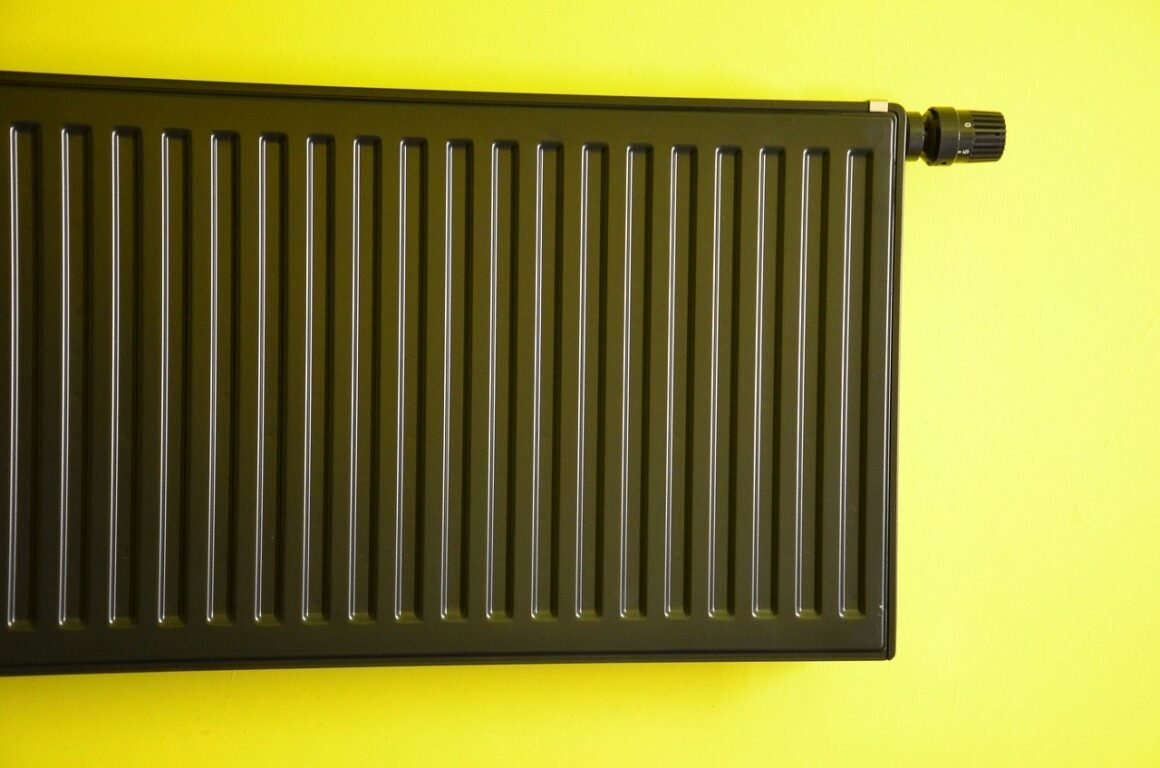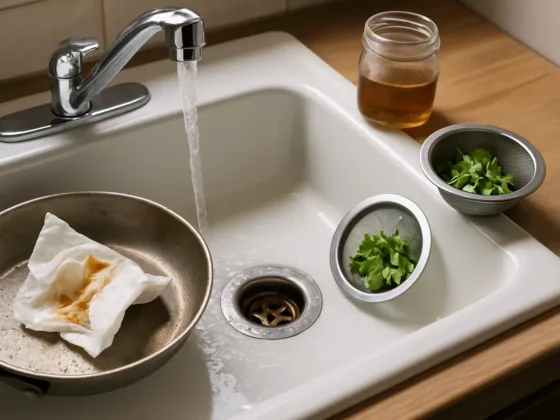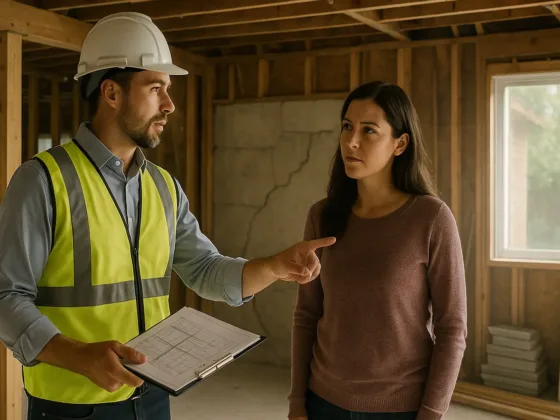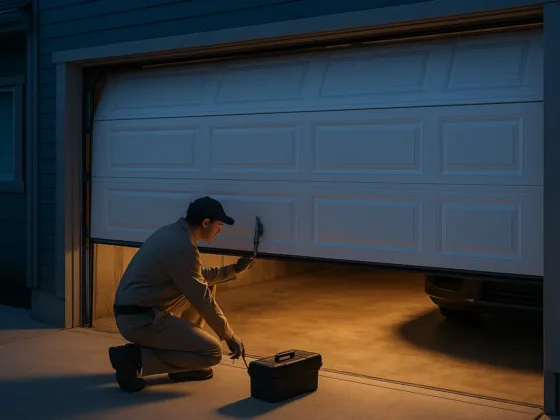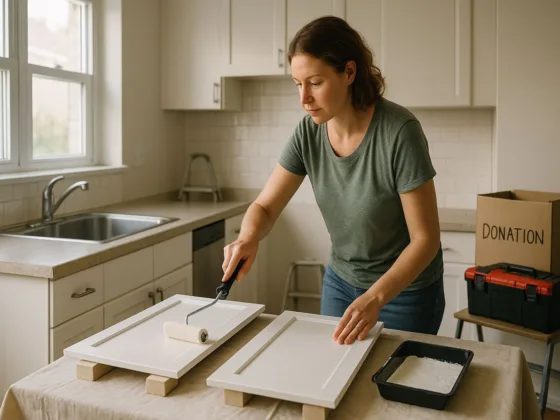Table of Contents Show
It’s never a pleasant experience when your boiler breaks down. Not only do you have to live without hot water and heating until professionals arrive, but there’s also a risk of water and gas leaks.
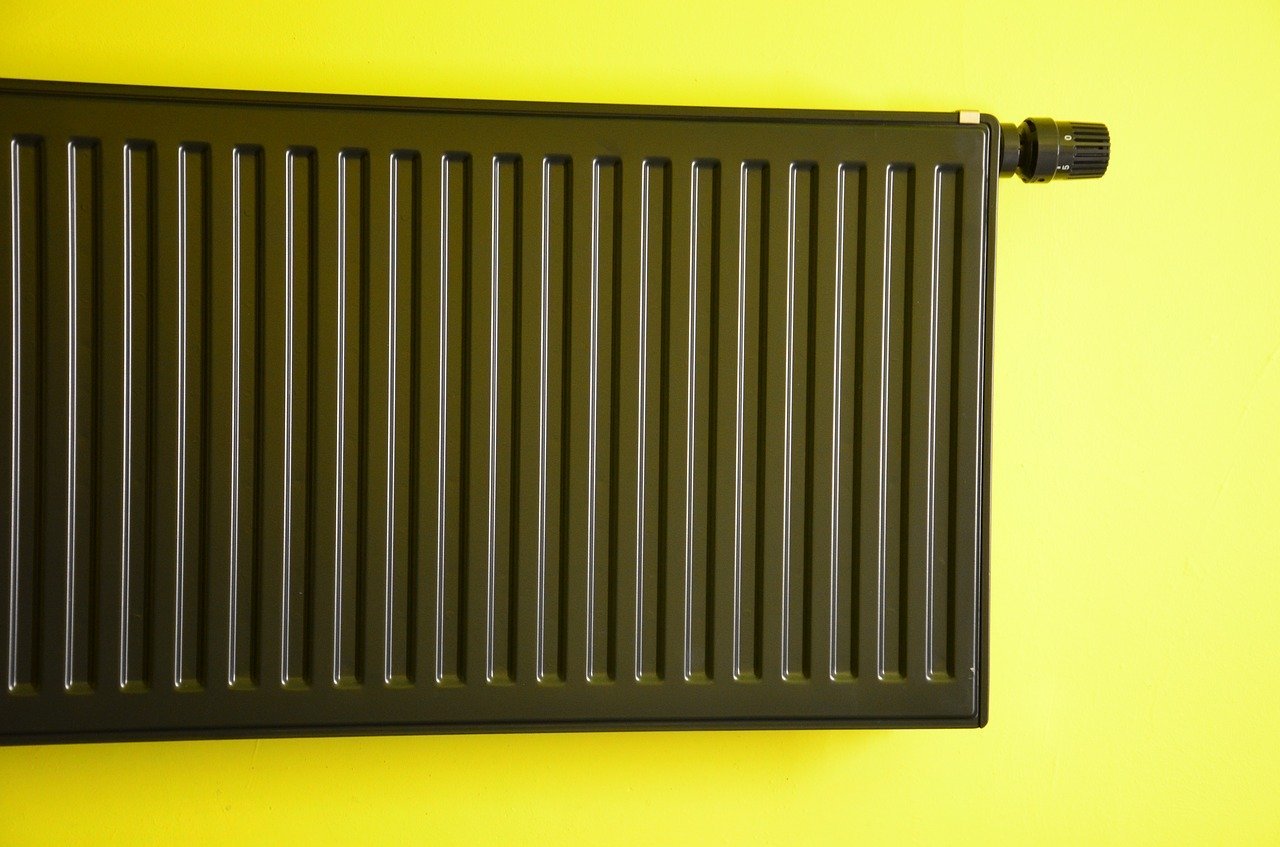
Fortunately, if you are aware of the signs that your boiler is about to break down, you can intervene before the situation gets worse.
Here’s what to look out for:
Read Also:
It No Longer Performs How It Used To
You can often tell you’ve got a problem with your boiler if it no longer performs how it once did. Common signs include taking a long time to warm water, the water not being hot enough, and having to wait for hours to get an acceptable temperature.
These problems usually occur because of faulty internal components. Airlocks, thermostats, and motorized valves can all fail and require replacement. You can also experience issues that result from general wear and tear of the boiler from old age.
Trying to fit new components yourself to remedy the problem is not advisable. Only people with specialist gas and plumbing training should work on boilers because of the risks of water and gas leaks.
The best thing you can do is to leave these matters to specialized and skilled teams. For instance, at iheat.co.uk, you’ll find tons of prompt solutions.
It’s Leaking Water
Boilers should never leak. So, if you find a puddle of water nearby or extra moisture inside the unit, then it’s a good sign it has a serious problem and maybe about to break down.
Full-blown leaks are easy to identify from the sheer volume of water pouring out of your pipes. However, you should also keep your eyes peeled for less severe or very slow leaks, as these can soon become worse over time. Even tiny faults can lead to damp and mold development.
Loose or faulty piping is the most straightforward issue to fix. An engineer will inspect all the tubing inside and outside the boiler, checking each fixture to ensure that there are no faulty connections or leaks.
More seriously, internal components of the boiler can fail – something that can also lead to leaking. Pressure valves can exceed their rated threshold and allow water to spill out. And pump seals can degrade over time, allowing leaks through small cracks in their structure.
The rate of water loss usually accelerates the longer you allow the problem to fester. If you notice any water dripping from the boiler, seek professional advice immediately. You may be able to replace a faulty component without having to swap out the entire unit.
It Consumes Too Much Energy
Boilers already consume a lot of energy. But when they’re on the brink of failure, the amount of gas or electricity they use tends to go up.
A sudden increase in your energy bills is usually the first sign you have a problem. Older boilers lose their efficiency over time as their internal components age. Slowly, they cease to convert energy inputs, like gas and electricity, into the hot water you want. You wind up losing heat to the environment, and it goes to waste.
If you notice higher than average energy consumption, your best bet is to call out an engineer. They can inspect the boiler, component by component, and then tell you whether you need to fit a new one.
Sometimes, you’ll find out that your boiler just needs a new component to return efficiency to acceptable levels. Other times, you’ll require full-blown replacement if there’s no way to reduce energy consumption to normal levels.
Whether you need to replace your boiler depends on its age. Engineers can often fix boilers under ten years old, replacing condensing units and other components, and returning efficiency to normal. If the system is over ten years old, though, the chances of wholesale replacement rise. And if it is more than fifteen years old, repairing it is rarely economical.
New boilers tend to be considerably more efficient than their older counterparts. Boiler efficiency ratings run from A, which is the greenest, to G, indicating that efficiency is below 70 percent. The majority of quality new boilers are C-rated or better, helping you save money and the environment.
It Is Making Strange Noises
Boilers typically make a low humming sound that quickly blends into the background, so you don’t notice it. However, when they start to fail, they make all sorts of unusual sounds, many of which are highly conspicuous. If you start hearing knocking, drumming, or whistling sounds, it is a sign that something has gone wrong, and the boiler might be about to fail.
Occasionally, the issue is excessive water pressure, which is overloading the system. Other times, the problem has to do with critical components, such as the heat exchanger or fan.
Rarely, however, can you determine the source of the problem from the noises alone. Sounds tend to radiate through the entire system. Sometimes, though, you can identify specific issues. A high-pitched whistling, for instance, indicates “kettling” – mineral buildup in the heat exchanger.
Again, your best bet here is to call out an engineer. They’ll tell you whether the noise is part of the regular operation of the unit or something that needs fixing.
It Smells Unpleasant
If you smell any unpleasant gases coming from your boiler, turn it off immediately and do not use it again until an engineer has given the go-ahead.
Boilers rely on dangerous gases to perform their function efficiently, including carbon monoxide. Carbon monoxide doesn’t smell, but sulfur is added to it, allowing you to detect possible leaks with your nose.
The gas is hazardous because it preferentially binds to red blood cells, preventing them from picking up the oxygen you need to live. If too much of it gets into your body, you can experience carbon monoxide poisoning. This condition has a host of unpleasant symptoms, including difficulty breathing, headaches, dizziness, and, in extreme cases, death.
If you smell burning metal or plastic, it could indicate an overheating issue. So long as there’s no rotten egg smell, a gas leak is unlikely. However, you should still shut down your system to prevent further damage and avoid dangerous fumes escaping into your home.
